#they’ve made us hyper focus on our negative experiences with our system and we’ve been able to function much better outside of those spaces
Text
every time. every fuckin time. someone has good art. they’re a system. i follow. and then i see it: “dni endos/supporters” in their bio. sigh
#LIKE WHY DO YOU CARE?#jfc. I dont have an opinion on this argument but i dont trust any system w that in their bio to NOT put syscourse on my dash#before i get anon hate i have NO sides on this argument and i don’t think it’s my place or anyone’s to deny other people’s experiences#so. fuckin whatever. if you put syscourse on my dash i’ll probably block u. that’s just it#why do SO many of u care??? legit asking. why do so many of u feel the need to bring that shit in ur fucking bio.#ell shut up#i’m tired and i hate it here#for the record. not that i owe an explanation#but anti-endo spaces have just been horrible for our mental health and have done nothing but make us question ourselves#they’ve made our impostor syndrome unbearable and caused us to hyperfocus on our system in fear of not being disordered enough#they’ve made us hyper focus on our negative experiences with our system and we’ve been able to function much better outside of those spaces#so please just leave us alone
18 notes
·
View notes
Photo
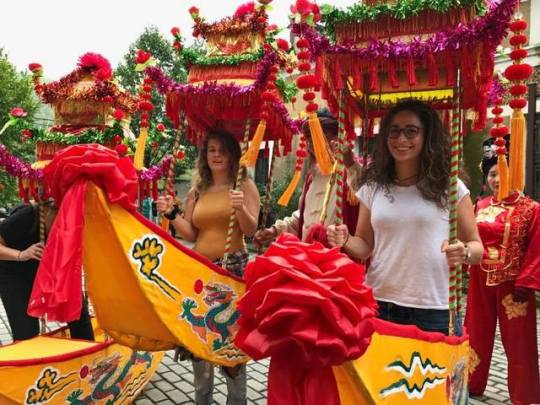

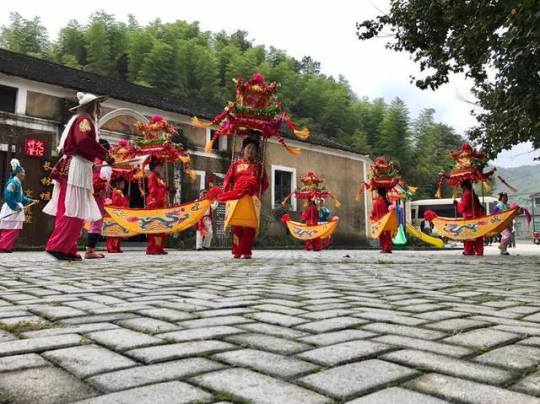
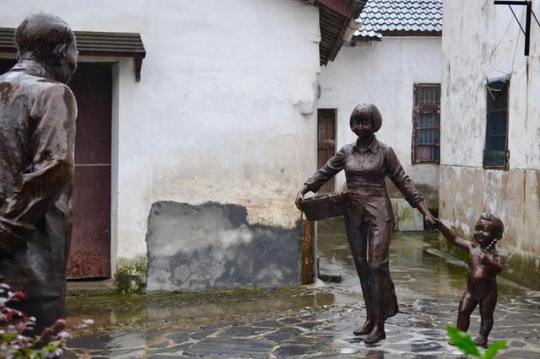

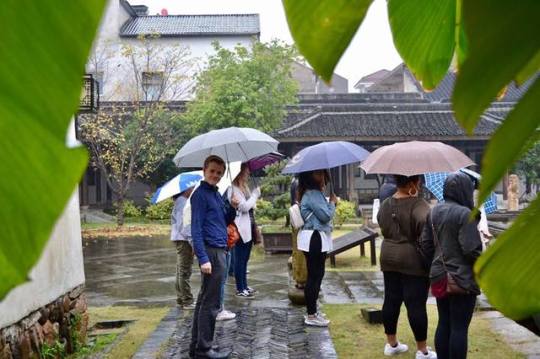
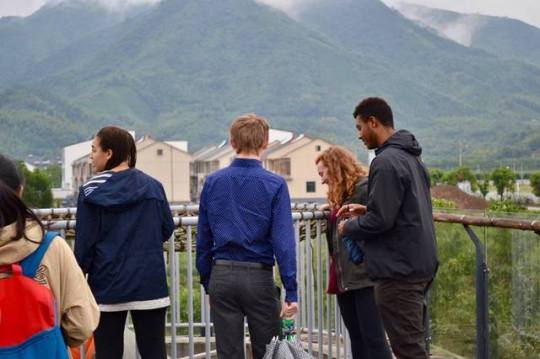
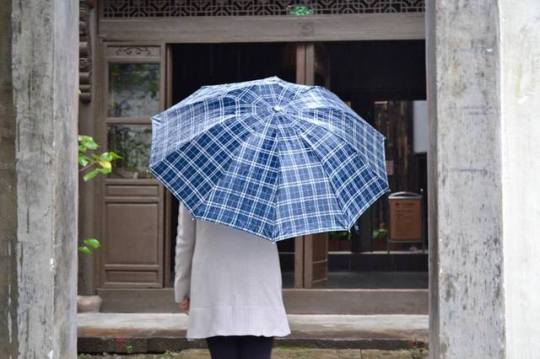
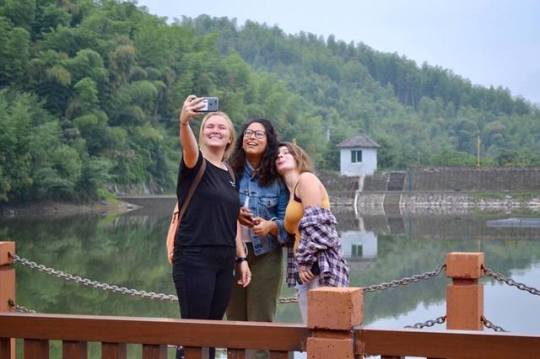

What do you picture when you think of China?
For many people around the world, the first images that come to mind are often of hyper-developed urban landscapes—skylines built from glass and steel, streets clogged with people, and a gauzy veil of smog draped across it all. And while this may be a fair description of some large Chinese cities on particularly polluted days, there’s another face of this country that remains largely invisible.
For our first class trip of the semester, students from the LIU Global China Center left behind the city of Hangzhou to spend a weekend in the countryside of Anji County. It was an opportunity to learn about the culture and sustainability of China’s rural areas. While traveling by bus out of the city and into the mountains, I was struck by the beauty of the landscape. We were surrounded by dense, green forests that stretched out across the rolling hills and mountains, and the mist formed naturally in the rainy climate (in contrast to the smoggy skies over Hangzhou).
It was a busy couple of days—we visited several local communities with our guide, and she introduced us to a different side of China. It was clear that the people we met in Anji were excited we had come to learn about their home and eager to share their culture and environmental work with us. I felt this way especially when we went a bit further out into the countryside to see some of the environmental initiatives being implemented in small towns (such as water treatment and waste disposal systems). We were also fortunate enough to be invited to the homes of local families. I and a group of other students had the chance to speak with Mr. Chang, a retired local politician. He talked to us about his role in the government and community and the significant changes he’s seen in the area over the course o
This theme of gradual changes in rural areas was a recurring theme throughout the weekend. The people we met in Anji value their traditions and culture, and appreciate the peaceful beauty of their natural environment. However, they are also aware of the uncertain future of rural communities. Village populations continue to shrink as younger generations move to cities in search of better jobs and education. As we visited a number of “green” buildings, environmental projects, and other local organizations, we gained a deeper understanding of China’s “beautiful countryside” initiative. With a combined focus on “planet, people, and profit”, this governmental project has played a major role in Anji’s efforts to protect its natural environment and way of life. One student, Alejandra Molina, found the government involvement in these local projects impressive, explaining that “it was a very enriching experience, seeing the efforts that the government has made to preserve the countryside even in this age of urbanization.” They’ve certainly made quite a lot of progress, but as the people, we spoke with emphasized, there are still no guarantees as to the sustainability of this movement. Erin Young was also interested in learning about the complex issues at play here. “Our discussion with our guide really opened my eyes to the local problems occurring in the Chinese countryside,” she said. “I think seeing it firsthand, the tourism they are attempting to create proves how difficult it is going to be for them.”
Environmental sustainability—as well as its intersections with cultural traditions and ecotourism—is a subject that my classmates and I have had the chance to study in depth in a variety of locations over the last few years. It’s always interesting to see how these processes and conditions differ between countries. One student, Karla Dana, appreciated the opportunity to explore the connections between Anji’s problems and the larger global issues we’ve been studying in our classes. “What impacted me the most about this trip was the interplay of global and local dynamics,” she said. “I learned how the recession in the mid-2000s affected bamboo farmers in Anji, which in turn led them to plant tea instead of bamboo, and that ended up having negative repercussions on the land in local villages. It's always interesting to gain a local perspective on global issues!”
Overall, our trip to Anji was an engaging experience. I’ve always had an interest in environmental issues—and our readings and lectures had provided important background knowledge of China’s environmental protection initiatives—but this weekend helped to fill in my understanding with so much more nuance and complexity. Trips like these always leave me feeling so grateful to be a Global student and to have the opportunity to witness the local applications of more abstract global issues.
Anji,
by Emma Manos
#liu global#china#china center#anji#sustainable living#global issues#college#college abroad#hangzhou
0 notes